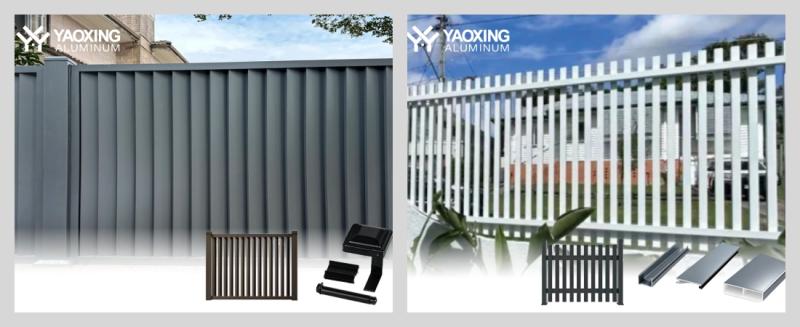
Whether you're sourcing aluminum fencing for industrial sites, commercial warehouses, or residential community projects, avoiding costly ordering errors is critical to staying on budget and on schedule.
Aluminum fencing is valued for its durability, corrosion resistance, and low maintenance, but even the best product can lead to headaches if you overlook important details when purchasing. Below are 7 common pitfalls to avoid and actionable tips to ensure a smooth ordering process.
Picture: https://ecdn6.globalso.com/upload/p/2279/image_other/2025-10/lightweight-aluminum-fence-easy-transportation-long-looking-outdoor-fencing.jpg
1. Failure to confirm the grade of aluminum alloy
One of the biggest mistakes is skipping alloy quality checks. Not all aluminum fencing is created equal: 6063 aluminum is ideal for decorative or lightweight fencing (e.g. residential boundaries), while 6061 offers higher tensile strength for industrial use (e.g. factory security fencing). Ordering the wrong type can lead to premature wear or even safety risks.
Action tip: Always specify the alloy type in your order. For reference, see our aluminum alloy guide for a breakdown of the qualities that are best suited for various B2B scenarios.
Property/Category
6063 aluminum alloy
6061 aluminum alloy
7000 series (7075)
Main alloying elements
Mr. Si
Mg, Si, Cu, Cr
Zn, Mg, Cu, Cr
Strength
Medium (tensile: ~170-290 MPa)
Medium High (Tensile Strength: ~276-310 MPa)
High (Tensile Strength: ~570-590 MPa, super hard)
Corrosion resistance
Excellent (dense oxide film, anti-atmospheric)
Good (worse than 6063; surface treatment required)
Moderate (susceptible to stress corrosion; requires protection)
Machinability
Excellent (simple extrusion, complex sections)
Good (extrusion/forging; formability).
This press release was published on openPR.